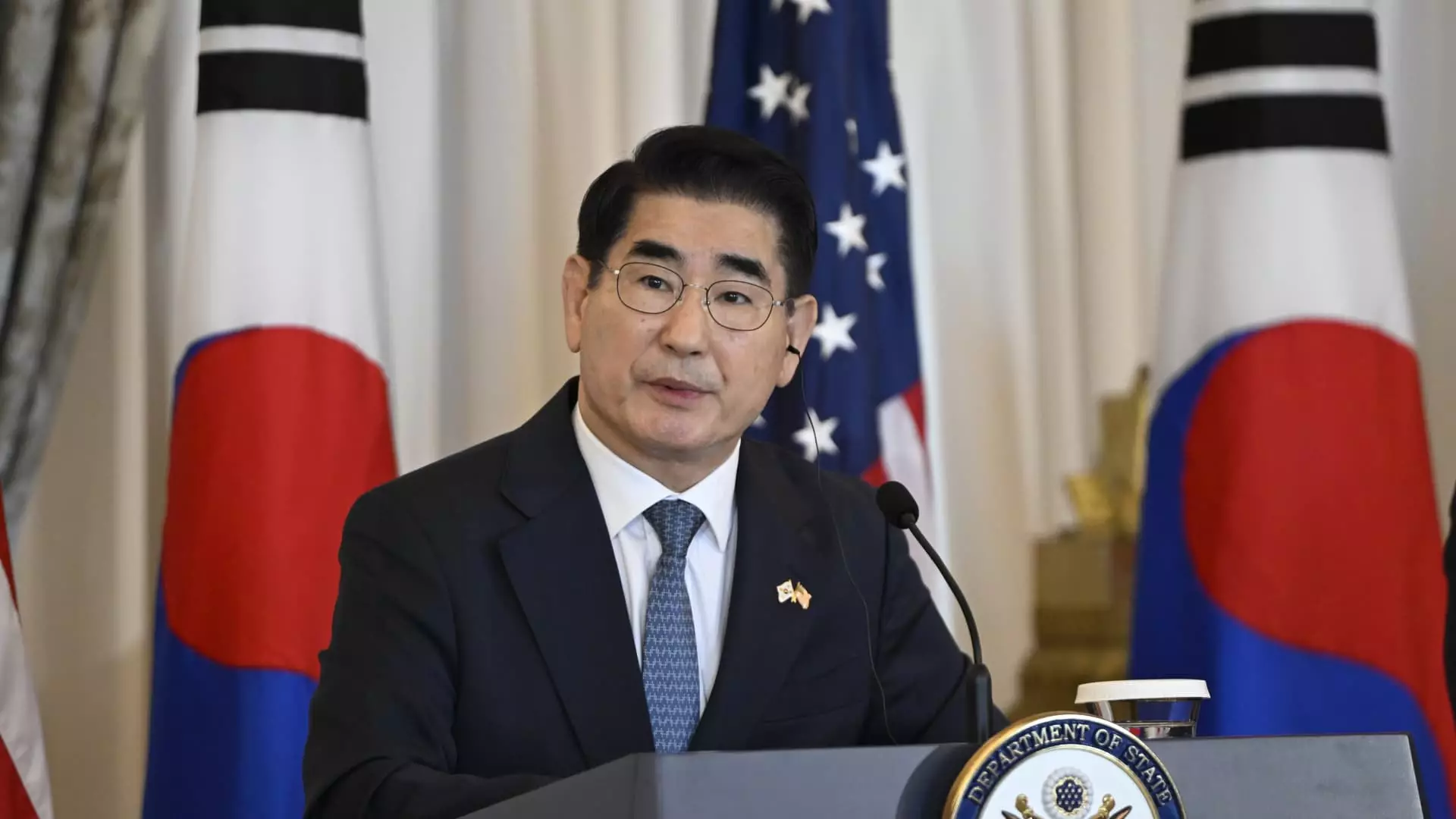In a significant political development, South Korean President Yoon Suk Yeol has accepted the resignation of Defense Minister Kim Yong-hyun, marking a notable shift in the country’s defense leadership. The President has nominated Choi Byung-hyuk, currently serving as South Korea’s ambassador to Saudi Arabia, to take over this critical position. Choi, who has a background as a former army general, is perceived as a dedicated and principled figure by Yoon’s administration. This change comes at a time when political tensions in the country are at an all-time high, indicating a need for stability and effective leadership in defense matters.
Choi’s selection is not merely a routine administrative maneuver; it underscores the urgency with which the current administration seeks to address a crisis of confidence following a highly controversial and largely criticized attempt to declare martial law. The nomination of Choi seems to be an attempt to stabilize the defense ministry and restore public trust after a series of missteps that have marred Yoon’s presidency.
The Fallout from Martial Law Controversy
The backdrop of this leadership change is the fallout from President Yoon’s attempted martial law declaration. Reports suggest that Kim Yong-hyun had proposed this drastic measure earlier this week, which was quickly met with intense backlash from parliament and the public alike. The subsequent lifting of the martial law followed a decisive vote in parliament calling for its reversal, further adding to the chaos surrounding Yoon’s administration.
The swift political response from lawmakers has been unprecedented, with motions to impeach President Yoon emerging almost immediately after his controversial decision. The Democratic Party of Korea, the principal opposition party, has labeled the attempted enforcement of martial law as an act of treason, indicating the severity of the situation. This hostile political atmosphere raises significant questions about the administration’s ability to govern effectively, especially when military and defense decisions hang in the balance.
Future Implications and Challenges Ahead
Choi Byung-hyuk’s upcoming tenure as the new Defense Minister will not only test his leadership abilities but will also serve as a litmus test for President Yoon’s broader governance strategy. With calls for impeachment echoing in the halls of the National Assembly, the administration must tread carefully. Ensuring clarity and transparency in military affairs could be vital in mending fences with a skeptical public and political opposition.
Proceeding with reforms and stabilization efforts will be crucial as South Korea navigates its national defense strategy amid heightened geopolitical tensions. The selection of Choi could signal a shift towards a more disciplined and principled approach, but whether that is enough to diffuse the current political volatility remains an open question. As South Korea contemplates its future, all eyes will be on how the new defense minister steers the country through these turbulent waters, demonstrating the connections between military leadership and political stability.



Leave a Reply